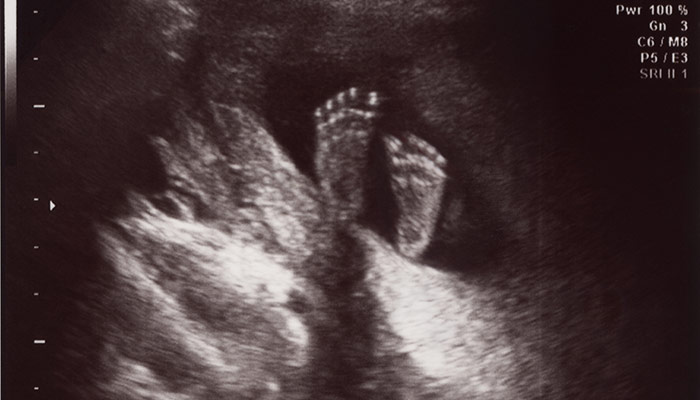An evening with Rachel Carling-Jenkins
By Meg Pearce
Earlier this year I attended an evening presented by ‘40 days for Life’, an organisation that conducts major prayer vigils every year all over the world to pray for a peaceful end to abortion. The evening featured guest speaker Rachel Carling-Jenkins, a Christian Victorian parliamentarian.

I went alone and sat in the buzzing Prospect church hall where people greeted each other warmly. A lovely young woman sat next to me and introduced herself. Marguerite. I had heard her name before. She is the woman with a café neighbouring Adelaide’s major abortion clinic. Her cafe offers a place for prayerful Christians to meet, and to offer a place of love and warmth and connection should any woman (or anyone else) enter its doors.
After some brief reports from various pro-life groups around Adelaide led by an eccentric host, we listened as Rachel told us a bit about herself. She is new to politics having been involved for about 3 years. Rachel shared how her 20-year career in disability services has strengthened and informed her conviction that all human life is valuable, but it wasn’t until a peaceful pro-life march through Melbourne’s CBD in 2013 was attacked that she decided to get involved in government to make a difference. And a difference she has already made.
Rachel presented the first piece of pro-life legislation brought before parliament in many decades. Did she say the last was in the 1950s? Now, even though her bill did not succeed, she encouraged her audience that this was not a lost effort. The bill sought to reduce abortion from the current 40 to weeks down to the medically recognised age of infant viability of 24 weeks – hence the title, ‘the Infant Viability Act’. There were three parts to her bill: it promoted palliative care to babies born alive after abortion; holistic care for distressed women with unwanted pregnancy (counselling is not currently required in such situations); and, limiting abortion to 24 weeks gestation. This was the first challenge to Victoria’s permissive abortion laws in many years.
Here are some further reasons why she framed the situation so positively. Rachel used the opportunity to educate those around her on Victorian laws relating to termination of babies. Many people did not know that Victoria aborts babies until 40 weeks gestation, nor that overseas doctors often have to be flown into Melbourne to perform the terminations due to an apparent lack of willingness locally – this in itself is telling. Further, many would not have known that babies are being born alive and suffering after terminations, or how these babies are oftentimes neither attended to nor consoled as they die.
Another part of her reflections was around the involvement of Christians in politics. Rachel lamented the silence and inactivity of Christians in the political sphere. She encouraged letter writing (recommending paper rather than email), visits to politicians, financial and prayer support for those in office, and also answering the call to become a politician. She concluded by quoting the words of William Wilberforce: ‘You may choose to look the other way but you can never say again that you did not know’ and encouraging the gathering to get involved.
I finished the evening with a new friend (the lovely Marguerite) and with new respect and admiration for our speaker. Rachel’s dedication to God’s little ones means that many important relationships are being established and that momentum is building for future pro-life actions to expose extreme laws in Victoria. Finally, it was encouraging to know that Christian values and voices are being kept alive in the public sphere.


